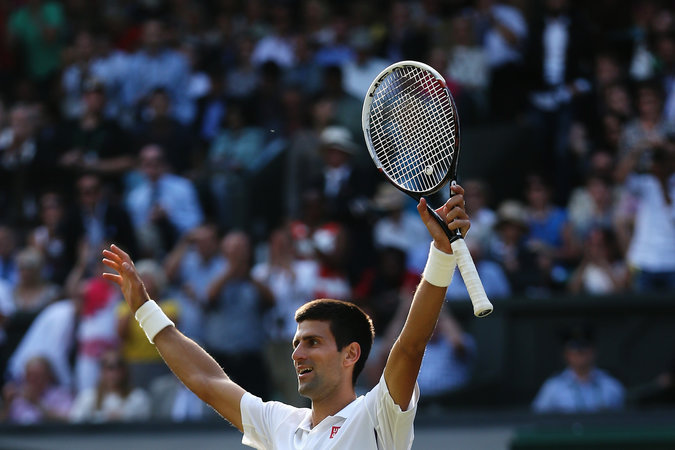There is a story about the actor Sir Laurence Olivier that speaks to improving performance. Olivier, one of the greatest stage performers of all time, had invited a friend to watch him on an evening that turned out to be one of the greatest performances of Olivier’s life. The audience was enraptured, and when the play ended, thunderous applause broke out. As soon as he could, the friend rushed backstage to find Oliver and congratulate him. He was shocked to find Olivier in tears.
“Why are you crying? That was the best performance you’ve ever had!” he said.
“Yes,” said Olivier. “But I don’t know why.”
Every one of us had the experience of doing something when we found ourselves “in the zone,” doing everything right, making the right moves, saying the right things, all seemingly without intense effort. The problem is that this experience often feels accidental. It happens, but we don’t know why it happens. We don’t know how to make it happen again.
If you want to improve your performance on a consistent basis, getting “in the zone” cannot be accidental. You have to constantly be gathering information about how you are doing. When you do something and succeed, figure out why you succeeded. When you do something and fail, know why you failed.
Most of the time, when people perform they do some things well and some things poorly. It is essential, after each practice and performance, to go over the things that went well and the things that did not and look at the reasons why things went the way they did. Gather data. Increase your understanding of what works and what doesn’t. Eventually, you will be able to not only perform at an elite level, but know why you did and be able to repeat it at will.

